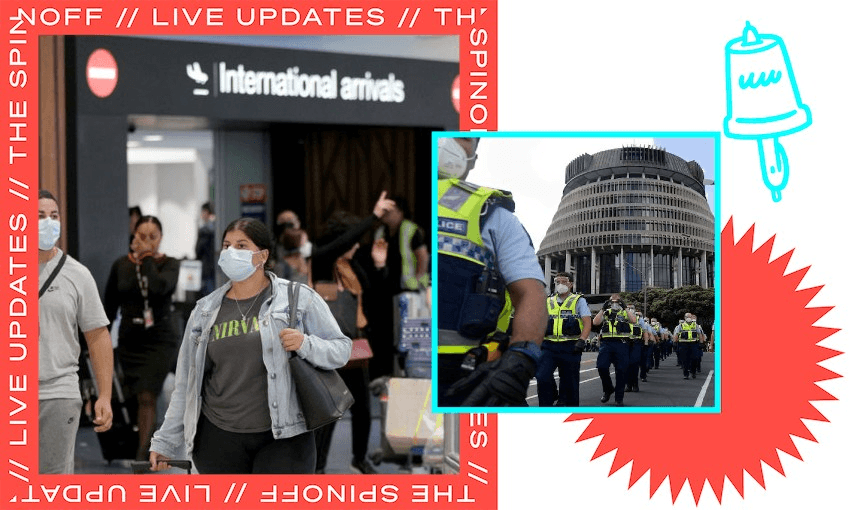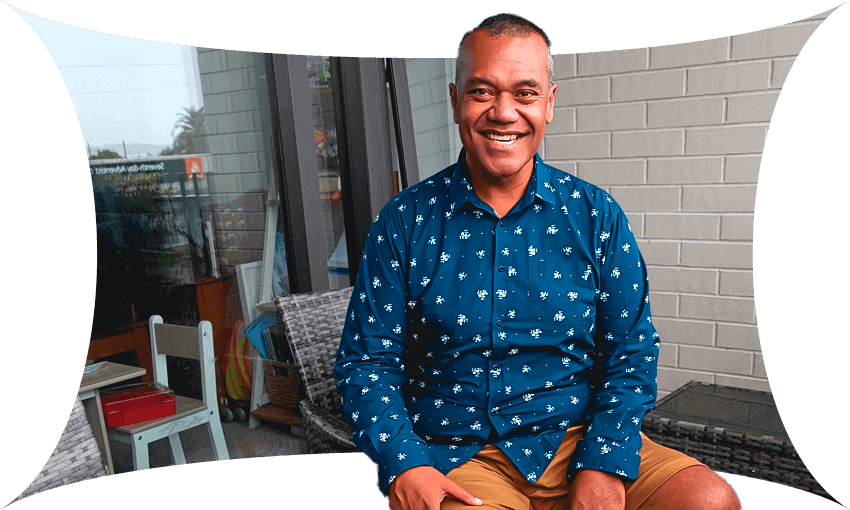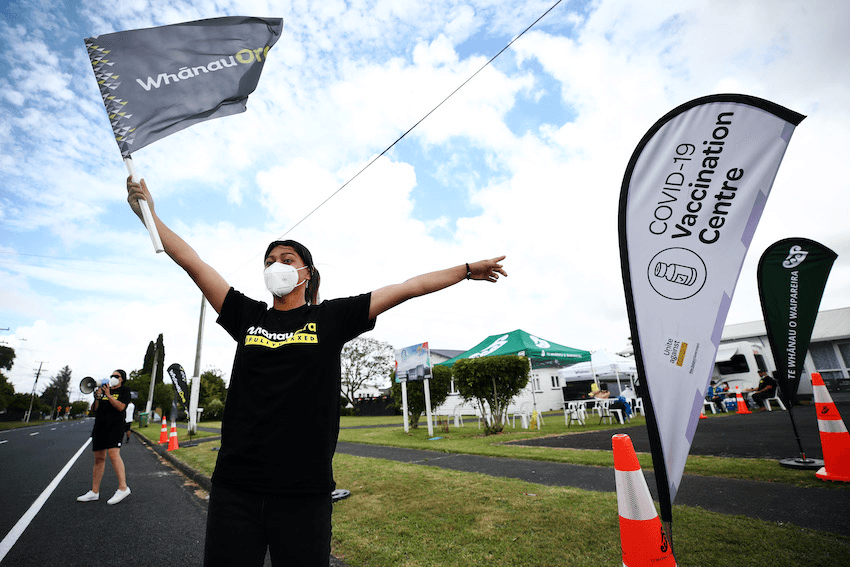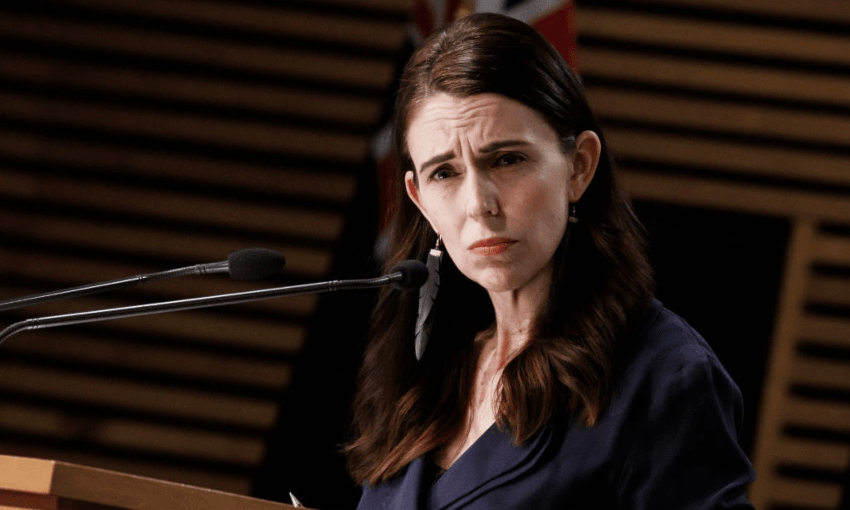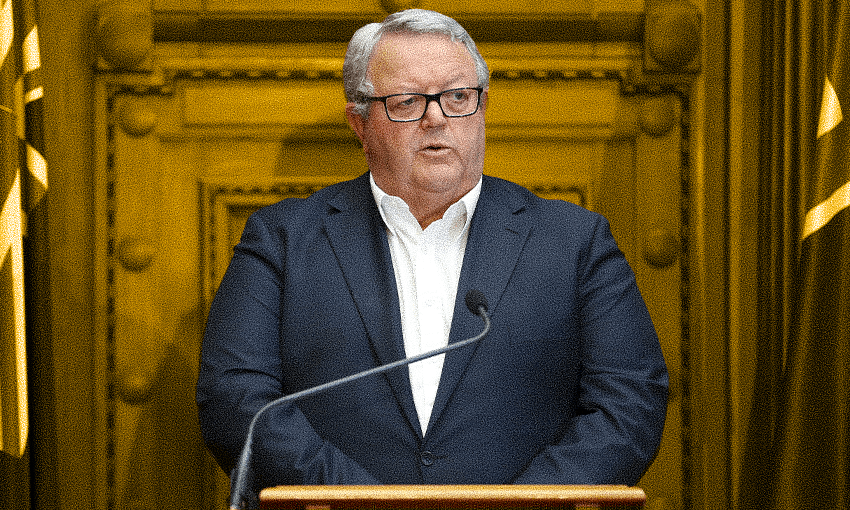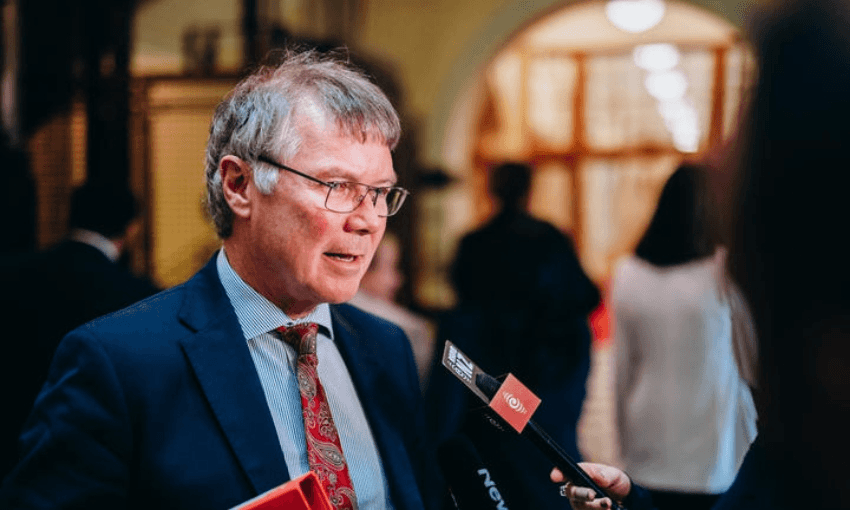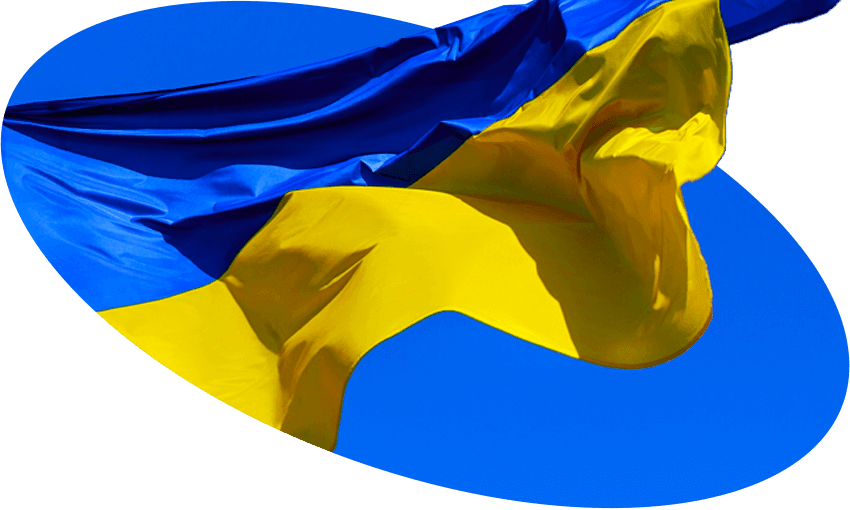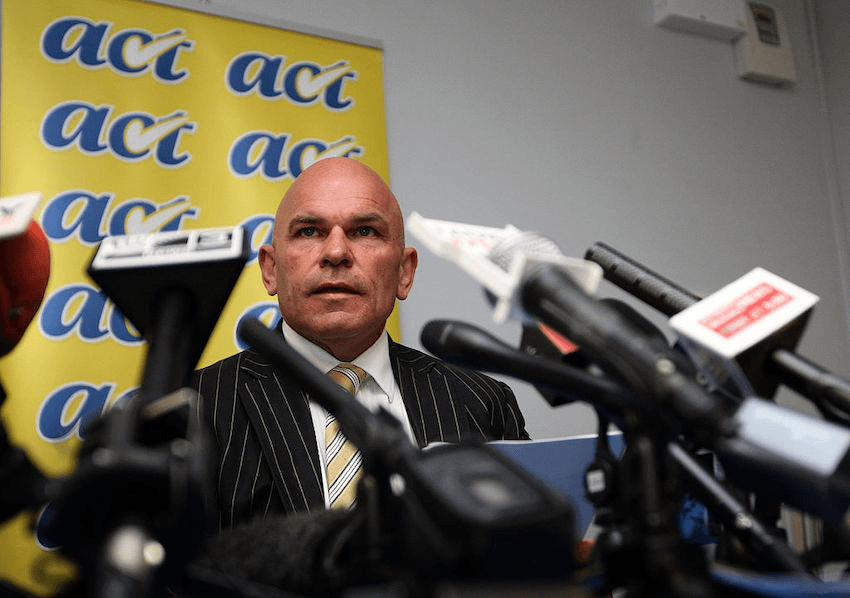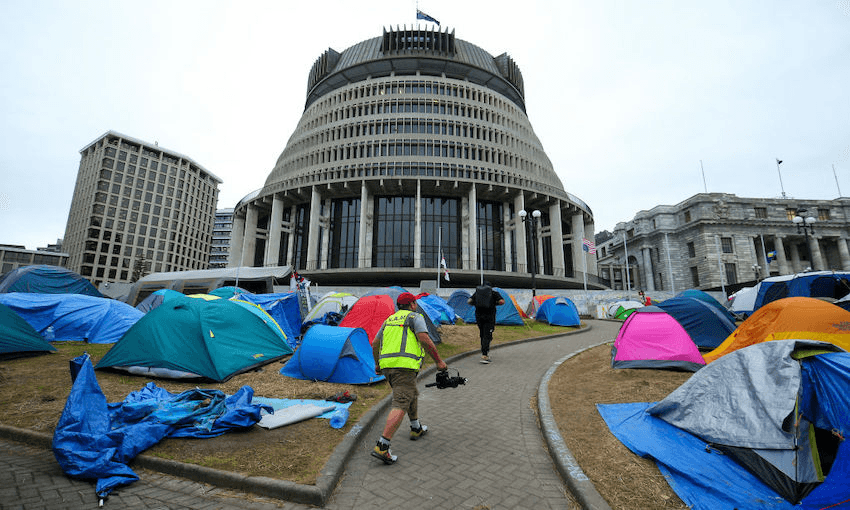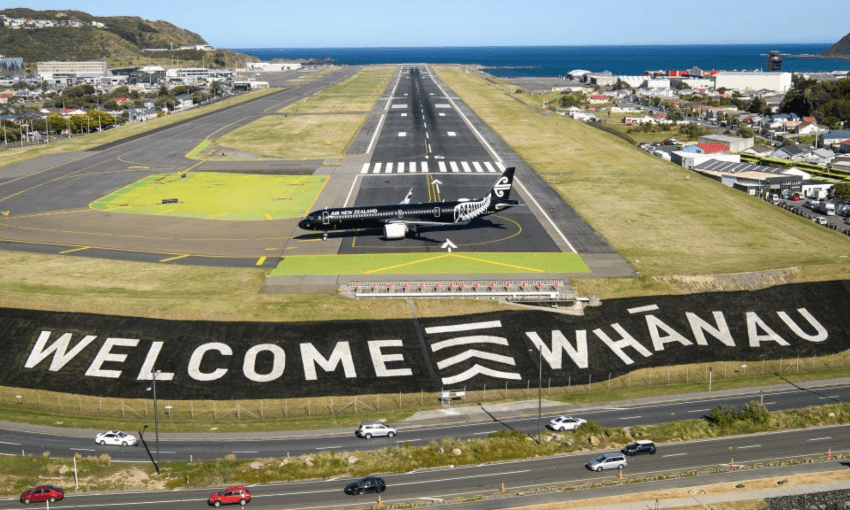There are now 344 people in hospital with Covid-19, including five in intensive care.
The number of new daily community cases of Covid-19 has dropped slightly, with 14,633 recorded today. Most were in Auckland – 9,305 – but cases are now routinely being found nationwide.
The Ministry of Health said there were now 17 people linked to the protest outside parliament who have tested positive for Covid-19. “Due to reluctance by protestors to get a Covid-19 test, the true number of cases linked to the protest is likely to be much higher,” said the ministry.
Meanwhile, as the number of Covid-19 cases increases, the ministry said it was continuing to see a disproportionate number of unvaccinated cases requiring hospital care. “Just 3% of eligible people aged 12 and over in New Zealand have had no doses of the vaccine, however, of the eligible people in Northland and Auckland hospitals with Covid-19, 12% have had no doses of the vaccine.”
The figures show that unvaccinated people are four times over-represented in the current hospitalisation data, the ministry added.
Since Friday, another 10.8 million rapid antigen tests have arrived in the country. This follows 5.2 million that arrived last Thursday. These new RATs will flow through the supply chain, said the ministry, ending up at community testing centres, GPs, pharmacies and businesses where they can be accessed by anyone who needs one.
Today’s Covid case locations
Northland (208), Auckland (9,305), Waikato (1,530), Bay of Plenty (762), Lakes (265), Hawke’s Bay (138), MidCentral (175), Whanganui (30), Taranaki (67), Tairāwhiti (60), Wairarapa (52), Capital and Coast (604), Hutt Valley (281), Nelson Marlborough (178), Canterbury (573), South Canterbury (24), Southern (372), West Coast (3). Six have not yet been linked to a DHB.
Vaccines administered yesterday
176 first doses; 423 second doses; seven third primary doses; 13,707 booster doses; 1,175 paediatric first doses and 197 paediatric second doses.
For more, visit The Spinoff’s Covid Tracker page here
